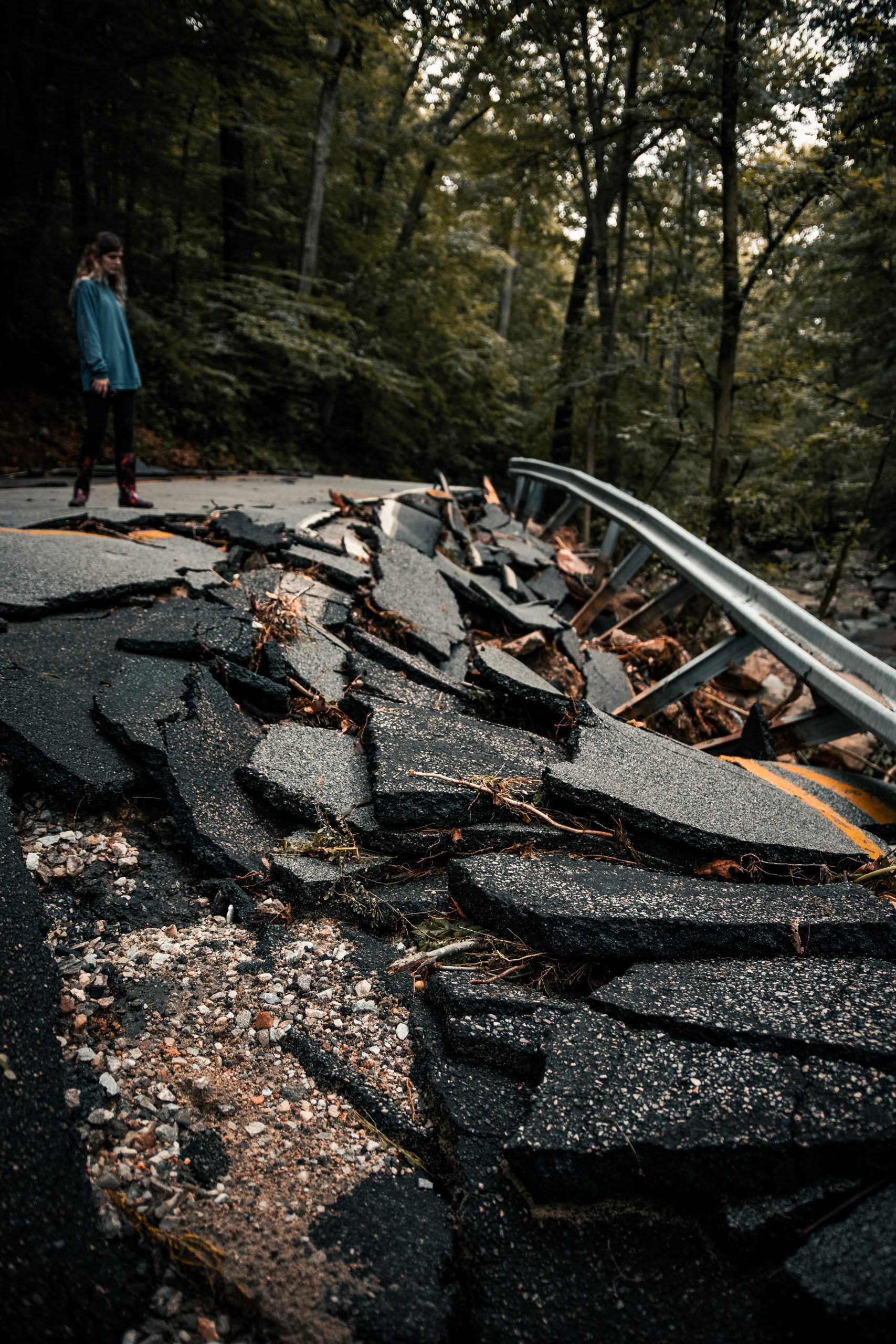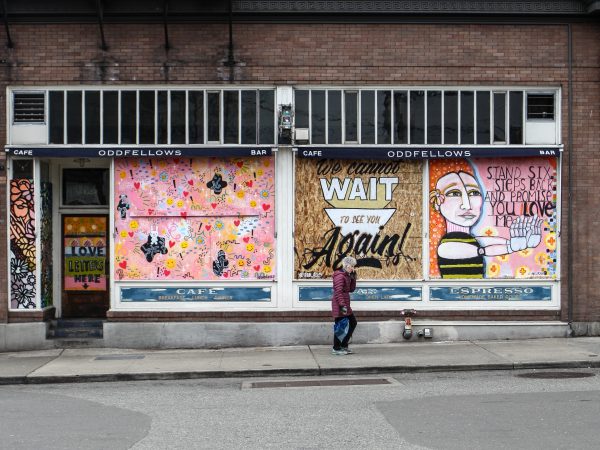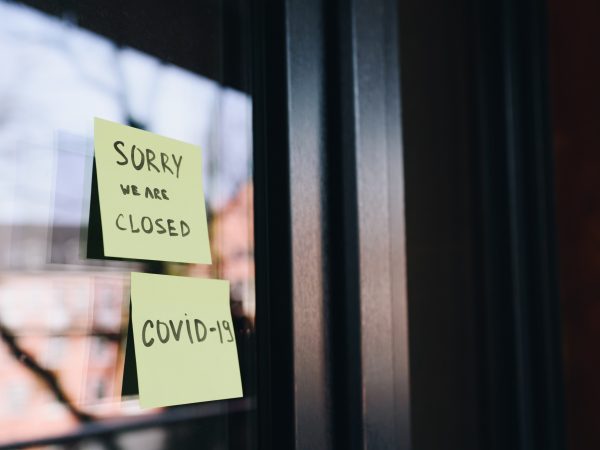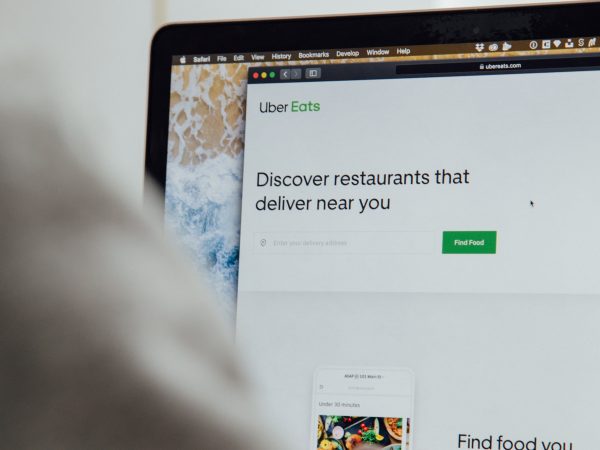 The COVID-19 worldwide pandemic is unlike anything we have seen in maybe a century. Shops have closed their doors, people globally are quarantined at home, governments are struggling to respond, the economy is in crisis, and everywhere there is panic about safety and survival in a new reality. The impact on people’s health, income, investments, safety, and access to resources is unimaginable. It is a tragedy and disaster on an unprecedented scale.
The COVID-19 worldwide pandemic is unlike anything we have seen in maybe a century. Shops have closed their doors, people globally are quarantined at home, governments are struggling to respond, the economy is in crisis, and everywhere there is panic about safety and survival in a new reality. The impact on people’s health, income, investments, safety, and access to resources is unimaginable. It is a tragedy and disaster on an unprecedented scale.
Every day, the news reinforces the troubling ways in which the virus has changed life as we know it. It has also been a time for reflection and trying to make the most of the circumstances in uncertain times. One question that we can all ask is this:
What can we learn about preparing for a large-scale disaster?
Natural disasters–disease, earthquakes, hurricanes, famine, and flood–can do an incredible amount of damage in a short time with little to no warning. The results are lasting, and often we are not as prepared as we should be. Examples of “preparedness panic” could be something as small as the toilet paper shortage that swept through the nation, or something as big as the financial crisis prompting the governments to try to aid individuals who are without work or sick.
As we are all focused on disaster preparedness and response, now is an excellent time to also think about preparedness for other disasters. If you live in an earthquake-prone area, you might be at risk for another large-scale disaster.
Here are the four things we have learned from a large-scale disaster:
- Make sure you have backup supplies on hand and emergency kits ready
- Make sure you’ve prepared your finances for unexpected emergencies
- Know how to stay connected with friends, family, local authorities, and important contacts.
- Make sure your insurance policies are up to date
Emergency Kits and Backup Supplies
A large-scale disaster usually sends people to the store in a frenzy looking for supplies. If you prepared for an earthquake or another disaster, you need to have supplies ready in an emergency disaster kit. We featured a story on how to include an emergency kit in your 8 steps to prepped and another one on some supplies to keep in your car for emergencies.
Next time, you’ll be ready for the worst-case scenario if an earthquake or another disaster leaves you without access to supplies and resources.
Prepare Your Finances for Unexpected Emergencies
The COVID-19 pandemic is doing more than physical harm. Governments and businesses are struggling while individuals are unable to work. Money is tight, and the future is uncertain. Disasters of any kind usually take a toll on the economy, and not being ready for this change is a scary reality.
Making sure you have your finances ready for a disaster will help as you recover from an earthquake or other lasting catastrophe. Little steps, like an emergency fund or minimizing debt, can help you be better prepared. Emergency preparedness can also help in case you have a personal financial crisis that isn’t caused by a large-scale disaster. Check out our article on getting prepared with a financial readiness plan.
Know how to stay connected with family, friends, local authorities, and important contacts.
There are a few things you can do to make sure you stay connected, but the most powerful tool you have is your smartphone. Social media is a powerful way to get fast information and stay connected during and after a large-scale disaster. Even local authorities now use social media to help spread crucial safety updates faster. A simple step, like making sure you have some of these apps on your smartphone, can get you closer to disaster preparedness.
Insurance helps with unexpected emergencies.
Now is a great time to check your financial health by reviewing your insurance policies. If you need some expert advice, reach out to your insurance agent to start the conversation. Take the time to make sure your homeowners insurance, renters insurance, earthquake insurance, life insurance, and car insurance all match the coverage you need in case you need to file a claim. Insurance coverage will help you when you need financial relief.
If you don’t have earthquake insurance and you’re at risk, maybe now is a good time to consider getting an earthquake policy to protect money you have invested in your home equity. Your homeowners insurance doesn’t cover earthquake damage, and earthquakes are a real large-scale disaster waiting to happen. If an earthquake were to happen, would you be able to cover the costs of rebuilding? Here’s some more information on best practices to get your insurance policies ready for an earthquake or disaster.
If you’re looking for an idea of how much a policy will cost, get an earthquake insurance quote to see how coverage could protect your equity.
What are some you’re working on since the COVID-19 response began? Do you have any tips for preparing for a disaster now? Let us know.


